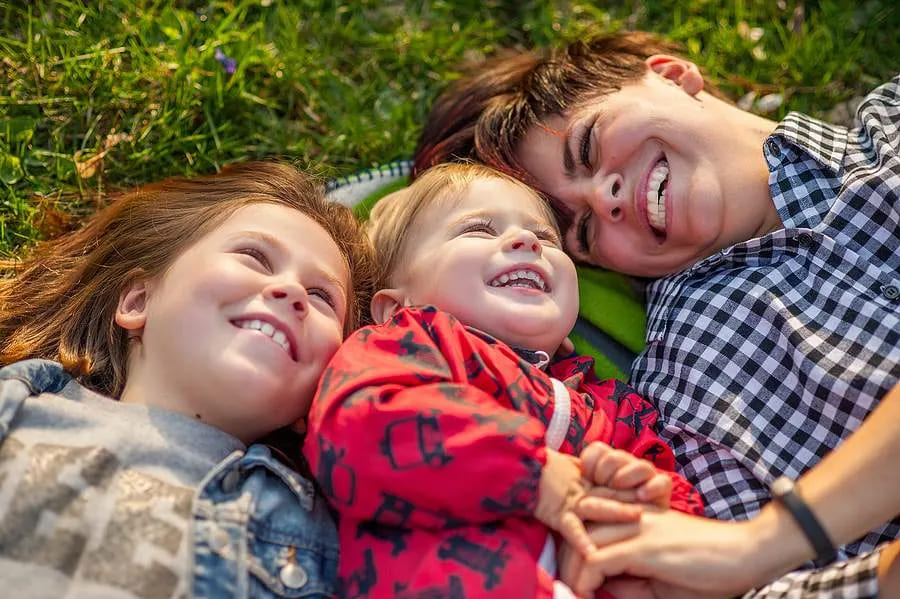The emotional development of your child during the ages of 4 to 8 months is a fascinating journey filled with new discoveries and milestones. This phase is pivotal as your baby begins to form attachments, express emotions, and explore their surroundings. Understanding these changes can help you support their emotional growth effectively.
The Importance of Smiles and Laughter
Around 4 months, your baby’s smile transforms from a reflexive action to a deliberate social interaction. This is when they start to realize that their expressions can evoke responses from you. Engaging with your baby through smiles, laughter, and cooing helps strengthen this connection. By 6 months, full-belly laughs emerge, marking a significant milestone in their social interactions. Babies at this age also start clapping their hands and may even throw kisses, showcasing their burgeoning social skills and emotional expression.
Curiosity: The Drive to Explore
From 4 months onwards, curiosity becomes a dominant trait in your baby’s behavior. They start to explore their environment actively, displaying a keen interest in the objects around them. You might notice your baby banging, shaking, or dropping items repeatedly—this is not just play but a way of learning about cause and effect. Encouraging this exploration by providing safe and stimulating objects can enhance their understanding of the world.
Recognizing Separation Anxiety
By around 6 months, many babies begin to exhibit signs of separation anxiety. They may become distressed when you leave the room or when they are in unfamiliar environments. This reaction stems from their growing awareness of object permanence—the understanding that objects and people continue to exist even when out of sight. To help ease this anxiety, gradually introduce your baby to new caregivers and environments. Playing games like peek-a-boo can also reinforce the concept of returning, making separations less stressful.
Establishing a Bedtime Routine
As your baby’s emotional awareness increases, so does their sensitivity to nighttime separations. They may become uneasy when put to bed alone, expressing their discomfort through crying or restlessness. Establishing a calming bedtime routine is crucial during this phase. A consistent routine can help soothe your baby and signal that it’s time for sleep. Incorporate gentle activities like bathing, reading, or singing to create a peaceful environment. A short, predictable routine reassures them of your presence, fostering a sense of security.
The Role of Attachment
The emotional development from 4 to 8 months is intricately linked to attachment formation. Your responsive care during this time builds a secure attachment, which is essential for your child’s emotional health. When you consistently meet your baby’s needs—whether through feeding, comforting, or playing—they learn to trust that you will be there for them. This foundational trust is vital as it influences their future relationships and emotional well-being.
Encouraging Emotional Expression
As your baby grows, it’s important to encourage emotional expression. Responding positively to their smiles and coos reinforces their social behavior. Engage in playful activities that elicit laughter and joy, such as gentle tickling or funny faces. Acknowledging their emotions, whether through smiles or soothing words when they cry, helps them understand and manage their feelings.
Understanding Individual Differences
Every baby develops at their own pace, so it’s essential to remember that these milestones can vary significantly. Some may exhibit curiosity earlier, while others might take longer to adapt to new situations. Pay attention to your child’s unique personality and development rhythm. This individualized approach allows you to provide the best support tailored to their needs.
Final Thoughts
The emotional development of your child between 4 to 8 months is an exciting journey filled with milestones that lay the groundwork for future emotional health. By understanding their growing emotional world and responding to their needs, you can help them develop strong, healthy emotional connections. Remember, your baby is learning about love, trust, and security during this crucial time, so nurturing these aspects will lead to a more confident and emotionally resilient child.

